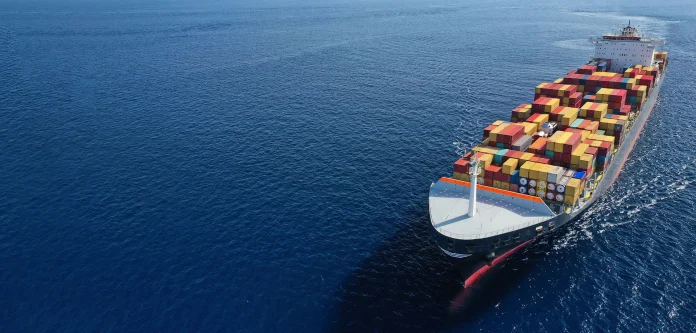Sri Lanka’s landmark US$1 billion Supreme Court award in the X-Press Pearl environmental case has triggered renewed scrutiny from global marine insurers, with international trade publications reporting that underwriters are reassessing the island’s maritime risk profile. The development comes as the Port of Colombo struggles with persistent congestion, prompting questions over whether regional competitors—particularly emerging Indian trans-shipment ports—could gain from shifting carrier preferences.
The ruling, viewed locally as a strong assertion of environmental accountability, has been highlighted internationally for its scale, the perceived lack of consistent insurance standards, and the potential ripple effects on global shipping.
The Financial Times (UK), in a report by Lee Harris titled “Shipping insurers threaten to raise prices after $1bn fine for plastic spill”, noted that insurers and reinsurers may increase the cost of cover in jurisdictions where liability for plastic spills cannot be capped. The article said the sector is bracing for “multibillion-dollar fines over recent petrochemical disasters,” following Sri Lanka’s record-setting judgment.
Precedent and Market Response
Industry analysts say the unprecedented award is likely to influence how insurers assess maritime risks in the future. Underwriters depend heavily on stable and predictable liability frameworks. When uncertainty increases, so do premiums.
“If a single incident leads to a settlement of this scale, insurers naturally reassess overall jurisdictional exposure,” a regional maritime analyst said. Multiple international reports suggest that premium hikes, higher deductibles, or revised exclusions may apply to vessels calling at Sri Lankan ports.
Colombo’s Trans-shipment Hub Under Pressure
The timing is particularly challenging for Sri Lanka’s trans-shipment sector, which handles over 70 percent of India’s container traffic. Colombo, traditionally the region’s primary trans-shipment hub, is currently facing what exporters describe as chronic congestion—ranging from delays in inter-terminal transfers to slow administrative coordination.
Yohan Lawrence, Secretary-General of the Joint Apparel Association Forum (JAAF), recently warned that these delays are affecting production schedules, contract fulfilment, and export competitiveness.
Indian Ports Position Themselves to Benefit
India’s maritime sector is moving quickly to capitalise. A 3 November report in the Daily Shipping Times (India) stated that if carriers sense growing legal or operational uncertainty in Sri Lanka, “the confidence shift may prove more consequential than the accident itself,” potentially redirecting trans-shipment flows.
India’s Maritime Vision 2030 strategy aims to attract trans-shipment volumes currently handled in Colombo. The Vizhinjam International Trans-shipment Terminal—with its 20-metre natural draft—and expansions at Vallarpadam and Tuticorin are at the core of this effort.
Congestion Adds to Risk Calculations
Colombo’s congestion also influences insurer assessments. Prolonged vessel waiting times, unpredictable berthing schedules, and increased idling periods heighten operational risks—factors that insurers incorporate into pricing models.
While Colombo handled approximately 7.7 million containers this year, exporters argue the port’s infrastructure and digital systems are lagging behind regional competitors such as Singapore, Dubai, and emerging Indian terminals. Additional costs remain a concern, including repeated testing requirements for imported raw materials despite internationally certified documentation.
Mitigating Risks: What Sri Lanka Can Do
Maritime and insurance experts say the broader implications of the X-Press Pearl ruling are manageable, provided Sri Lanka strengthens its regulatory and operational frameworks. Key recommendations include:
1. Codifying Environmental Liability:
Clear compensation limits and procedural guidelines would help reduce uncertainty for insurers modelling risk exposure.
2. Engaging Directly With Global Underwriters:
More structured dialogue with the International Group of P&I Clubs and global insurers could reinforce confidence in Sri Lanka’s legal and regulatory environment.
3. Resolving Port Congestion:
Capacity expansion, greater digitisation, stronger coordination among port agencies, and improved hinterland connectivity are essential to maintaining Colombo’s competitiveness.
A Pivotal Moment for Sri Lanka’s Maritime Sector
Analysts say the combination of a record-setting environmental award, international insurance recalibrations, and local operational challenges marks a defining moment for Sri Lanka’s maritime industry. While the X-Press Pearl judgment is celebrated by many as a milestone in environmental justice, its economic consequences highlight the urgency for structural reforms and sustained engagement with global industry stakeholders.
Handled effectively, the situation could accelerate port modernisation and strengthen maritime governance. But delays, observers warn, risk gradually shifting trans-shipment volumes toward emerging hubs along the Indian coastline.





